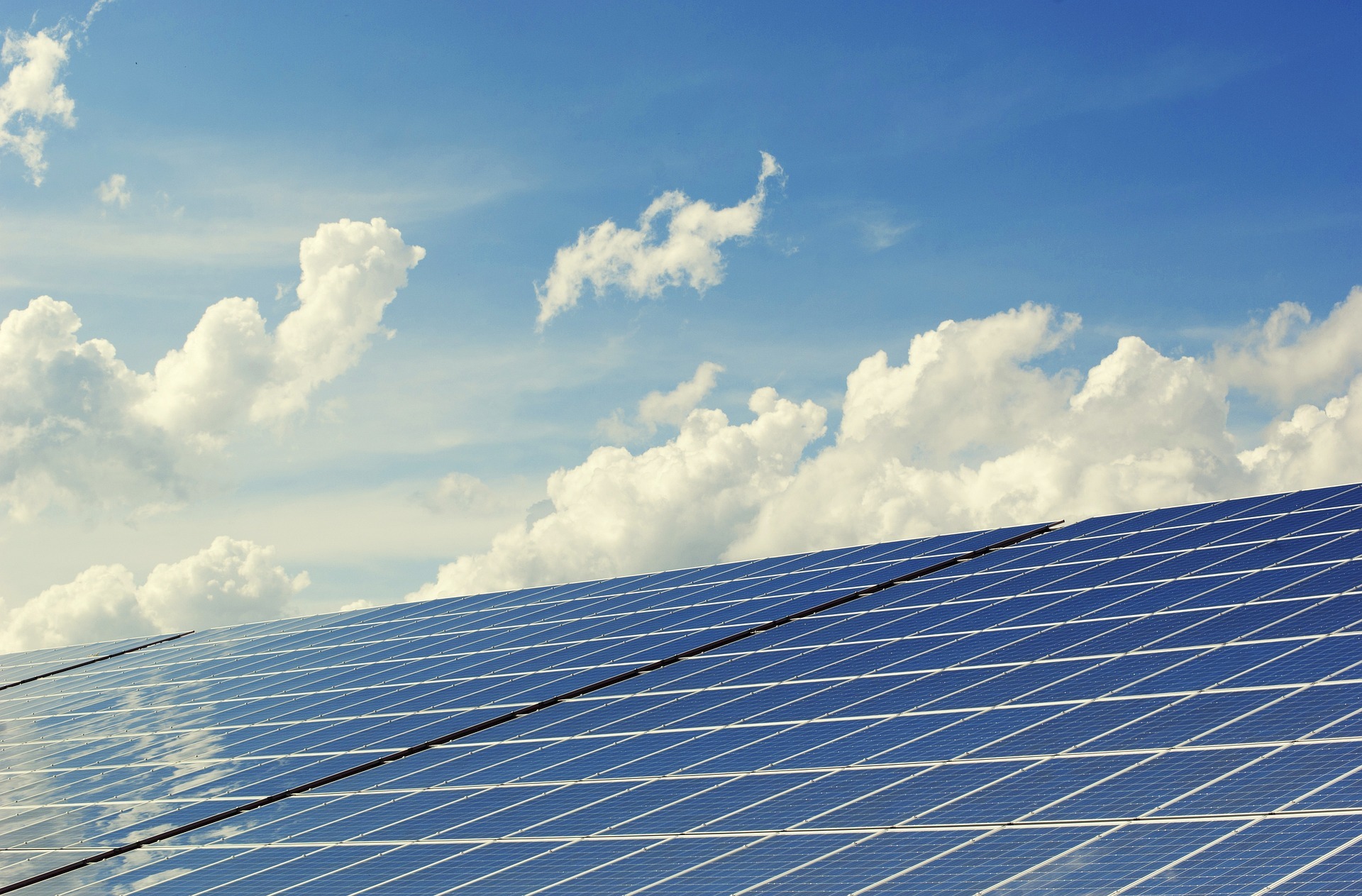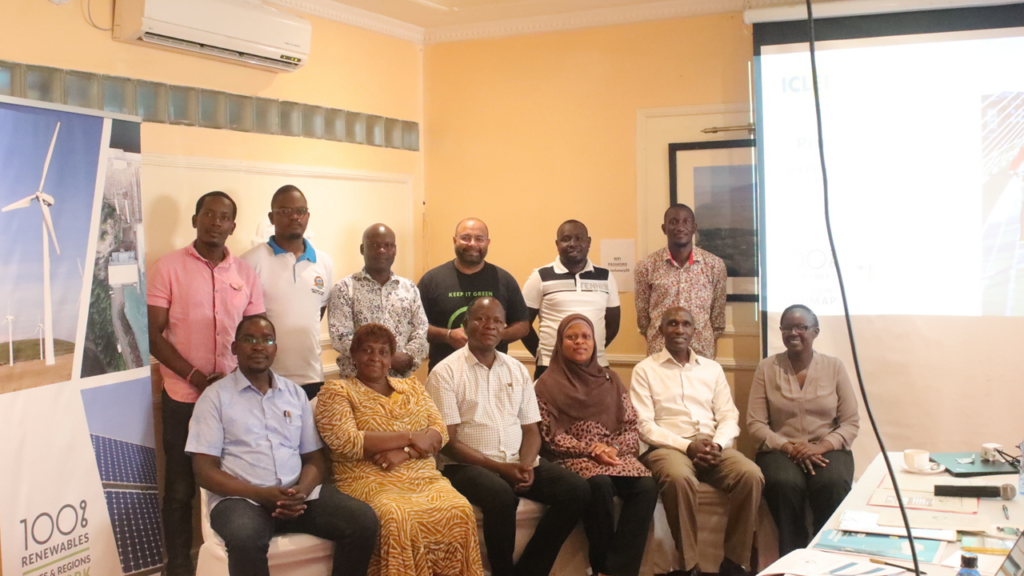13 January 2023
Capacity building and strengthening renewable energy work towards implementation
in Kisumu County, Kenya



In October 2022, as part of the 100% Renewables Cities and Regions Roadmap (or 100% RE project), the project implementation team, technical staff and city officials from the Department of Energy, Trade and Industry in Kisumu County, Kenya participated in a capacity building workshop on ‘Project development and Project finance for Renewable energy projects’. This in-person session was followed by an online session.
The first day’s session was facilitated by Dr Azizat Gbadegesin, Climate Change, Energy and Resilience Professional Officer at ICLEI Africa. Participants engaged in an exercise where they identified the needs, benefits and challenges of a Sustainable Energy Transition (SET) in Kisumu County. Some of the major challenges identified during this session include:
the high financial costs for installation, licenses and permits required for RE systems,
lack of an enabling structure to ensure a sustainable transition, and
low public acceptance due to lack of awareness, fear of new technologies and previous experience of short durability for some technologies (solar home kits).

The identified benefits of a SET in Kisumu County include health-related advantages, such as indoor air pollution from ‘Nyangile’ lamps and inefficient cookstoves being reduced or eliminated, savings on energy bills and creation of employment along the energy value chain. Participants then worked through an activity explaining the eight stages of project development with a focused session on the first stage – Project identification.
Day two’s session was facilitated by Rohit Sen, Head of Sustainable Energy at ICLEI World Secretariat. In this session, participants explored the remaining steps of the project development process. These steps included identifying the roles of experts in the project development cycle, types of funding options for Renewable Energy projects, demonstrating feasibility of projects, securing funding from public and private sources, an overview of a typical bankability checklist and what due diligence for a Renewable energy and/or Energy Efficiency project entails.
The final day concluded with an online session facilitated by Rohit Sen and Eszter Mogyorosy, Head of Innovative Finance at ICLEI World Secretariat. This session provided an overview of project finance including private and public funding models, challenges to funding, and risks associated with RE and Energy Efficiency (EE) projects.
After the workshop was concluded, in an effort to strengthen the coordination of project activities in Kenya, the National Project Advisory Group (NPAG) held their annual meeting in Nairobi – the first in-person engagement since project inception in 2019.
During the meeting county representatives from Kisumu and Nakuru counties, Mr Joseph Oganga and Mr. Antony Kamau brought the NPAG team up to date on the progress of the 100% RE project, other RE projects and interventions in their respective counties as well as barriers to the uptake of RE at the county level. Participants in the NPAG included representatives from the Ministry of Energy, Council of Governors, State Department for Housing and Urban Development, Kenya Power, Nakuru County and Kisumu County. The next NPAG meeting is expected to hold in 2023.


